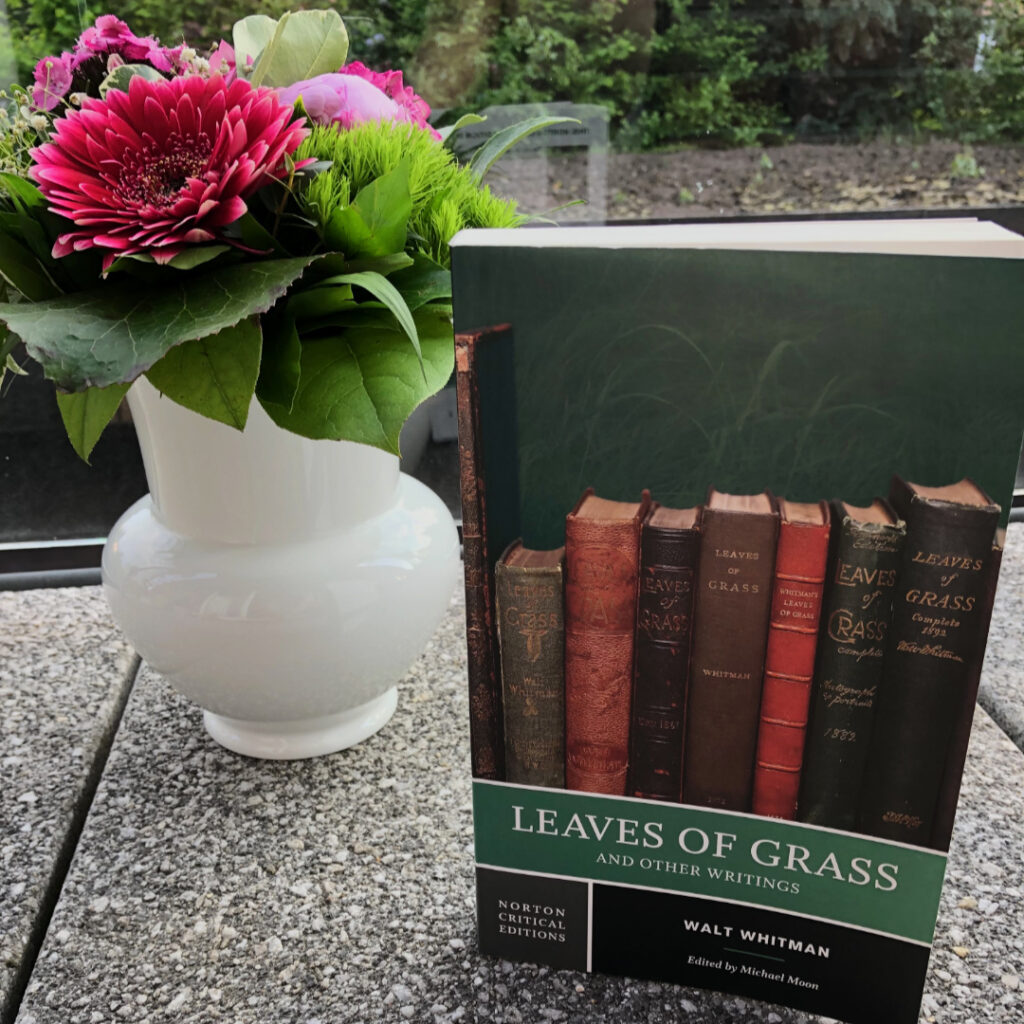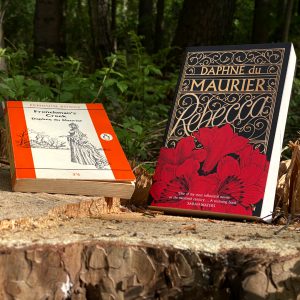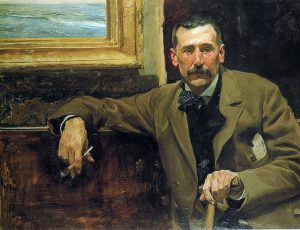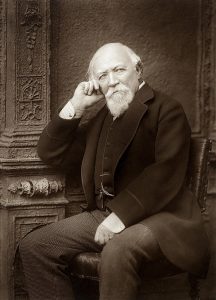
Walt Whitman was born on May 31, 1819 in West Hills, Long Island (New York). He was the second son of a quite humble family, with little formal education. His father (of English origin) was Walter Whitman and his mother Louisa Van Velsor, a Dutch lady. The father worked as a farmer and a carpenter.
When Walt was three the whole family moved to Brooklyn, as his father tried new work possibilities as a real state agent. However, he did not succeed. Because of this, Walt had to quit school to start working, in order to help with the family meagre income. Nonetheless, he was self-taught, devouring books from authors like Shakespeare and Dante.
As a result of this, when he was 12 years old, Walt Whitman started working in a lawyers’ firm and later in a printing house, setting type. At the age of 17, he turned to teaching in Long Island and continued doing so for five years. However, in 1838 he started a weekly called the “Long Islander” that was not so successful.
Later on in 1846, Whitman moved back to New York to become the editor of the “Brooklyn Daily Eagle” for two years. In 1848, he went to New Orleans for some months to be the editor of the “Crescent”. There, he could see first hand the horrors of slavery before returning to Brooklyn. There, he started a newspaper called the “Brooklyn Freeman”.
“LEAVES OF GRASS” – HIS MASTERPIECE
Then, in 1855, he printed (at his own expense) the first edition of his masterpiece, “Leaves of Grass”, nowadays considered a landmark in American literature. However, at the date of its publication, the book was quite controversial, not only because of its form (written in free verse and with everyday language words), but also because of its content, especially when referring to the exaltation of sexuality. Nevertheless, sex in Whitman’s poems is mostly figurative.
This first edition consisted on 12 poems without names. Furthermore, the book itself was anonymous, although it had in its front cover a picture of Whitman in a bohemian style.
As for its form, the poems were quite opposite to what was then considered poetry. The meter was quite loose (even sometimes approaching prose). He created a type of free verse with neither rhyme nor metre. The following year, he published a revised edition of the collection. A third one was issued in 1860 by a Boston publisher. Only this third edition gained some notoriety. However, the Civil War had already started…
In 1862, Whitman moved to Washington D.C. where he had a part-time job in the paymaster’s office. However, his boss fired him when he discovered that he was the author of “Leaves of Grass”. Besides, he visited a great number of injured soldiers, which impacted him deeply.
The collection of poems “Drum-Taps” about the American Civil War appeared in 1865. That same year a follow-up edition was published with the name “Sequel” which contained his famous elegy on President Abraham Lincoln. This poem is, in the words of Ruland & Bradbury, “one of the finest elegies in the language”.
PHYSICAL DECLINE
Walt Whitman continued working in Washington as a clerk while he continued writing. He published in 1870 “Passage to India” and in 1871, “Democratic Vistas”, where he “complained” about the situation of America after its Civil War. He issued as well another edition of “Leaves of Grass” that same year.
Unfortunately, in 1873 he had a stroke, which left half his body paralysed. In addition, some months later his mother died, so he decided to move to Camden (New Jersey) with his brother and sister-in-law.
In 1882 he issued the book “Specimen Days” in prose as a recollection of the days he spent visiting wounded soldiers who served in the American Civil War.
WALT WHITMAN – HIS LAST YEARS
The last years of his life brought him the recognition he had been lacking, especially from overseas (specifically from English writers). He continued polishing “Leaves of Grass” for the rest of his life, issuing subsequent editions (1876, 1881 and 1892). Besides, Walt published his last book, “Good-bye, My Fancy” in 1891. However, his health continued to deteriorate.
Walt Whitman died on March 26, 1892 in Camden (New Jersey). He was buried in Camden’s Harleigh Cemetery.
Although his contemporaries strongly criticized him, Whitman had, at the end of his life, the satisfaction of witnessing how his prestige was growing until he was internationally renowned for being the poet of optimism, freedom, fraternity and democracy.
He is considered the most important and innovative writer of the 19th century. Furthermore, he is one of America’s most influential poets, together with Emily Dickinson. Walt Whitman continues even today to be a source of inspiration for poets around the world.
“I celebrate myself, and sing myself,
And what I assume you shall assume,
For every atom belonging to me as good belongs to you.”
(“Song of Myself”, 1855).



